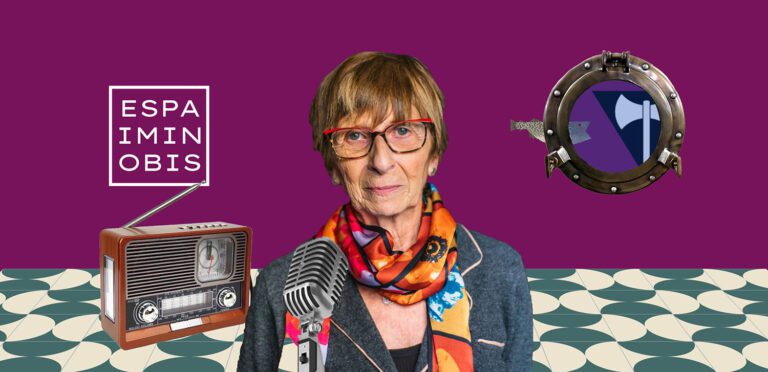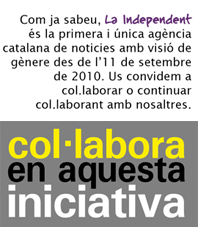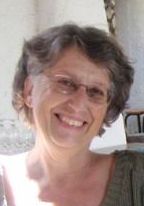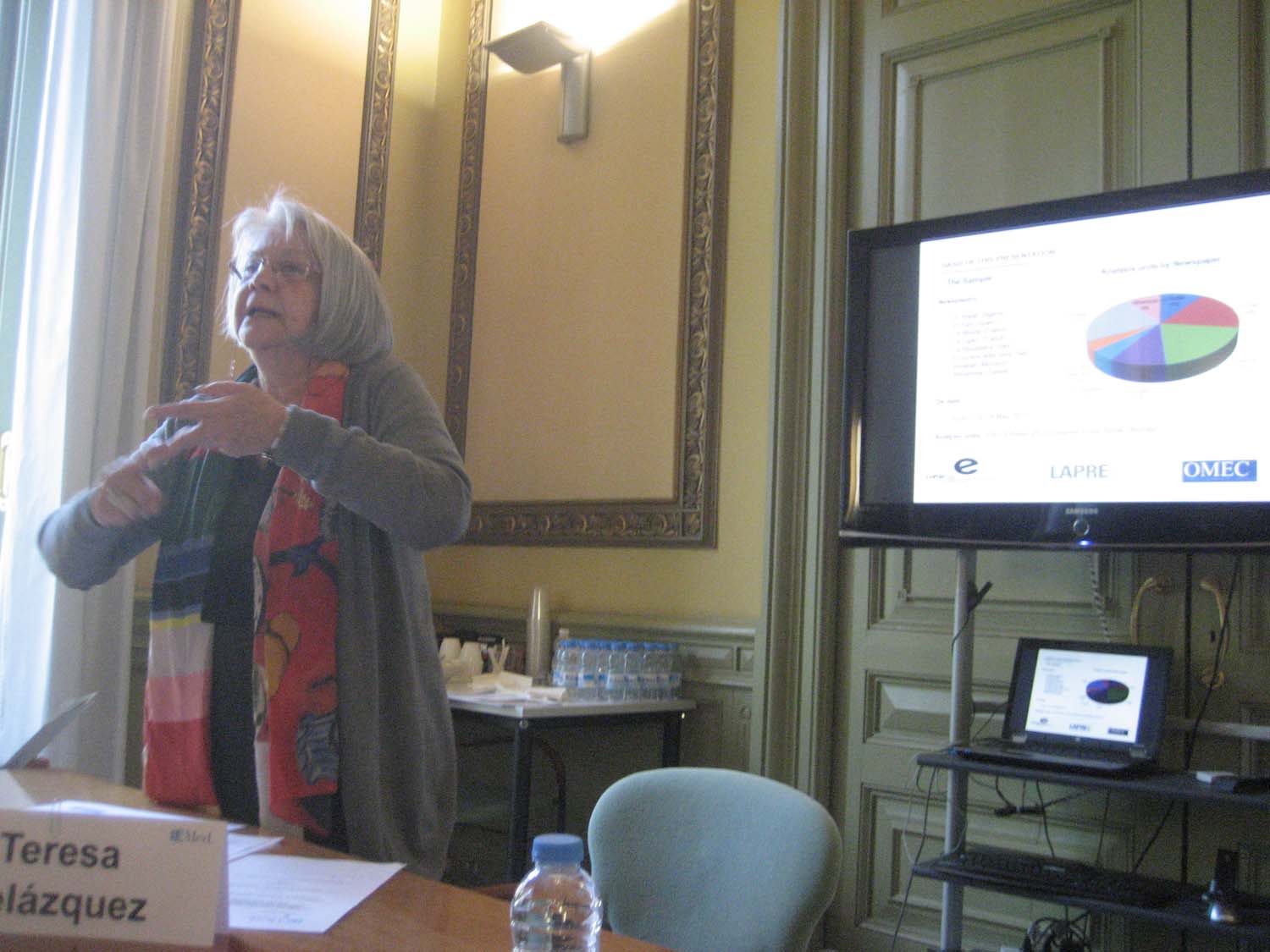
Media Studies El Watan and El Khabar (Algeria); Al-Ahram and Al Dostur (Egypt); Le Monde and Le Figaro (France); La Repubblica and Il Corriere della Sera (Italy); As Sabah and Al Massae (Morocco); El Pais and ABC (Spain); Akhbar and Al-Chourouk (Tunisia); The Times and The Guardian (UK).
We present interim results to some headers press from the Mediterranean region and responding to the research entitled “The social construction of inter-Mediterranean space and its correlations in the thematic agenda of the media. The information in press and television”. The reference project is CSO2012-35955, financed by the Spanish Ministry of Economy and Competitiveness (2013-2016).
16 newspapers from the North and South of the shore
The headers on which the study is done are El Watan and El Khabar (Algeria); Al-Ahram and Al Dostur (Egypt); Le Monde and Le Figaro (France); La Repubblica and Il Corriere della Sera (Italy); As Sabah and Al Massae (Morocco); El Pais and ABC (Spain); Akhbar and Al-Chourouk (Tunisia); The Times and The Guardian (UK), during the period from 13 to 26 May of 2013.
For selection of items to observe we have followed the directions and objectives of supranational bodies like Union for the Mediterranean (UfM), Alliance of Civilizations and European Neighbourhood Policy of the European Union (EU). These instances include as topics of interest, Policy and Legislation, Peace and Security, Human Rights, Economic and Financial Cooperation, cultural and religious diversity, Migration, Education, Social and Human Development, Youth, Women, Information Society and Media.
After this, we center the subject of Women, the objectives for the Union for the Mediterranean focus on encouraging the active participation of women in economic life and strengthen the role of women in society. As for the Alliance of Civilizations, this program support and monitoring mechanism of equality aiming to analyze situations of inequality and, in regard to the Neighbourhood Policy of the EU, its goal like supporting associations or networks promoting female child education, projects to improve the overall situation of women.
Analyze situations of inequality
From these indications, we focus on this occasion on results for the first week of the study (13 to 19 May) and the daily El Watan, 68 units; As Sabah, 110 units; Attounissia, 154 units; Le Monde, 100 units; La Repubblica, 68 units; El País, 97 units. Total units in the sample: 597, of which 332 correspond to Arab newspapers and journals 265 European countries selected for this presentation.
We understand that the information presented and disseminated by the media to citizenship is closely linked with reading suggestions contained in the construction of such information. The correlation between the form of expression-news and the creation of states of opinion, as a first stage of Public Opinion, are aspects that should be considered in reciprocity.
The media, particularly the press, in its editorial line and show the identification of the ideology of the medium. This fact determines the way in which the media build your version of reality. Decision making on what can be considered news, and deserving therefore be disclosed, and what is not, and the ranking, location and treating it in the space of media results in the establishment of the thematic agenda, which enables the start of the subsequent public debate on issues considered of interest to the public, reader-audience, by which the process of Public Opinion already referred starts.
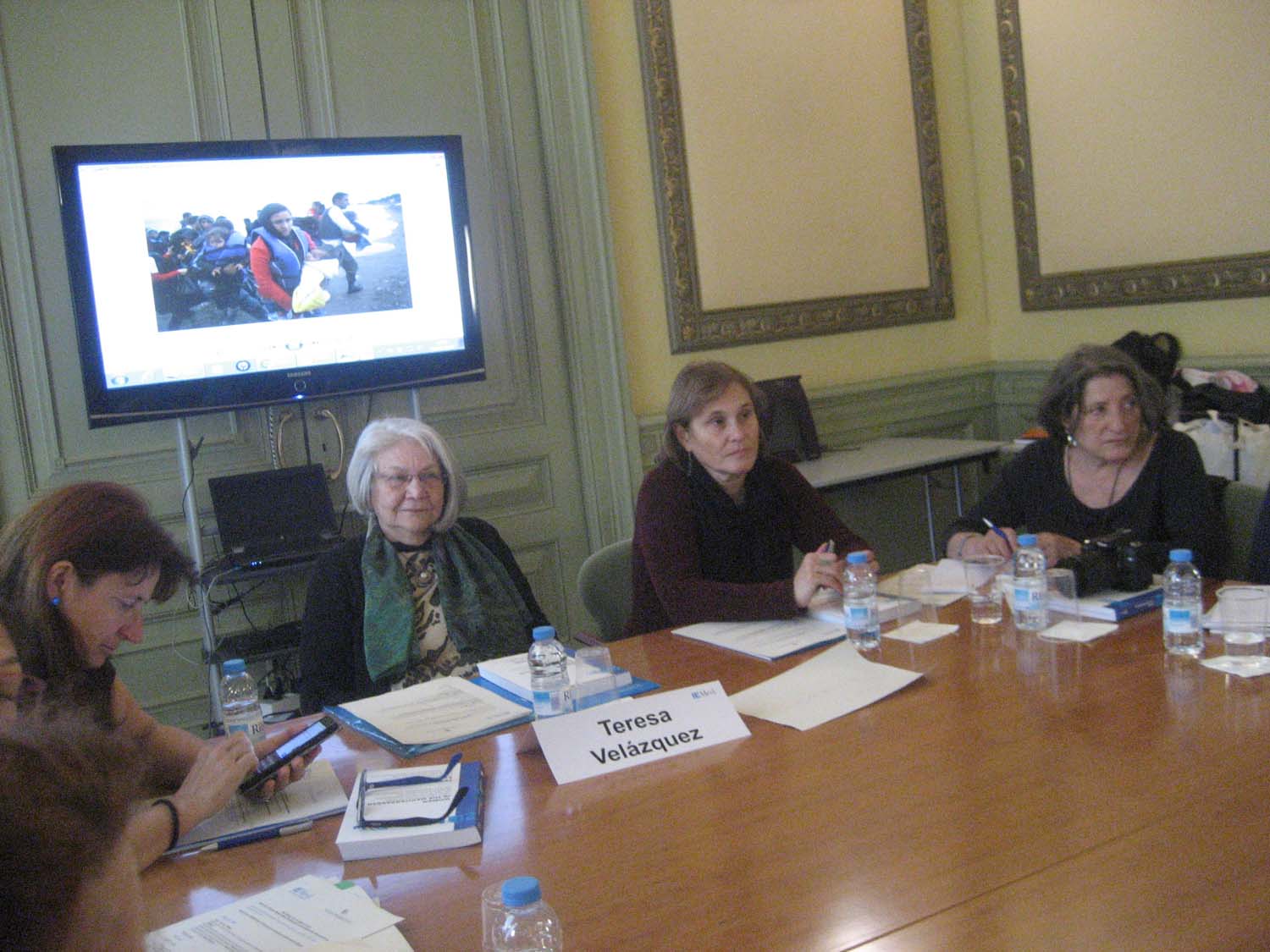
Teresa Velázquez, segunda por la izquierda. Fotos Lídia Vilalta
Scarcity and invisibility of women in the news
We intend, in the space of this intervention, ask how the press in the Mediterranean region, from the construction of reality posing in their news, helps to establish favorable states of opinion on issues related to women. If we stick to what was observed, the presence of women in the thematic agendas of the press in the Mediterranean region is linked mainly to aspects such as culture, society and less according to events like politics. Mostly, the issues, within the scarcity of the presence of women in the news, are linked to discrimination or exclusion, violence and abuse. In some cases, the integration into political life.
Typically, the subject gender is called first as well as biological difference or appears as sexual identity. On areas or disciplines of studies do not appear. Yes, and very occasionally, in family roles. Of course, those related to work or social life, are not present. Consequently, when it comes to the female subject as macrotheme, and in relation to employment status (employed, unemployed…), housewife, reconciling housework and profession, professional (liberal professions, politicians, researchers, teachers…), level of education, abuse (gender violence or psychological, sexual and workplace harassment, mobbing…), invisibility is manifest.
The presence of issues related to women in the sample corresponds to a 4% of the issues outlined above. They tangentially highlights that which is linked to violence, abuse, exclusion and, to a much lesser extent, the presence of women as actors in public life. Far is encouraging the active participation of women in economic life and strengthen the role of women in society, the development of mechanisms for monitoring equality, to analyze situations of inequality and support for associations or networks promotion of female childhood education, projects to improve the overall situation of women.
Teresa Velázquez,Degree in Hispanic Studies from the University of Barcelona (UB) and PhD in Information Sciences from the Autonomous University of Barcelona (UAB). Professor at the UAB where he teaches in the Master of Research in Communication and Journalism
“The social construction of inter-Mediterranean space and its correlations in the thematic agenda of the media. The information in print and television”“has received the following researchers in alphabetical order: Mari Luz Barbeito, Zhour Bouzidi, Ricardo Carniel, Carolina Cerda-Guzman, Lluís Costa, Carmina Crusafon, Lucrecia Escudero Chauvel, Natalia Fernández, Elisabet Garcia Alatdill, Juan Antonio García Galindo, Victor Gutierrez, Nouredinne Harrami, Carmen Martinez Romero, Fernando Sabés, Tovías yTeresa Susana Velazquez, Principal Investigator. adcsritos doctoral project: Estibaliz Ortega, Miguel Gamez and Valentina Saini.

